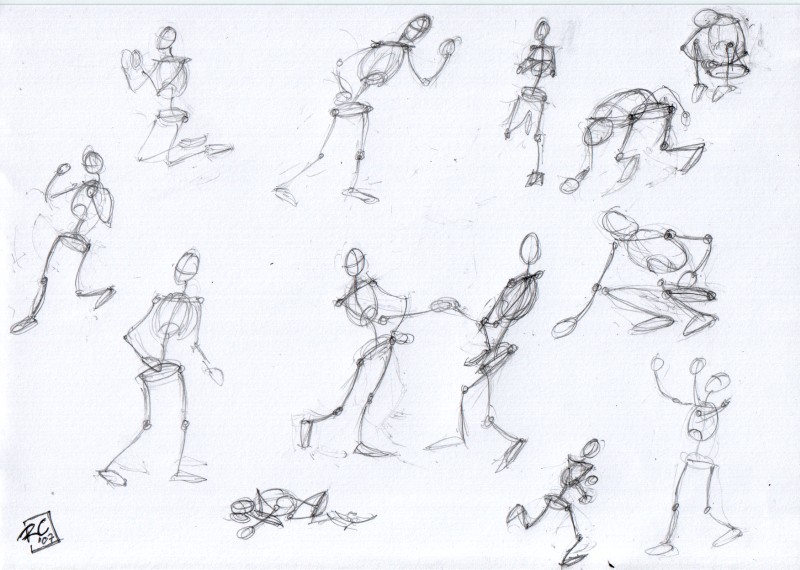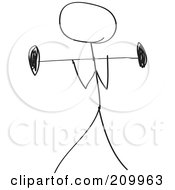

(One) thumb up ( used as a gesture) = you are generally showing your approval you are expressing happiness or wishing someone good luck. The signal has also been used by some ape species, who may just be celebrating the fact that they, like we, have opposable thumbs in the first place.Īgain, it seems that there are more than one person involved in the act up this use of "thumbs up".Ĭonsidering these two convincing alternatives of thumbs up's origin, it's quite plausible that it was originated with the plural thumbs indeed. It is easy to see how this custom could lead to, or support the idea of holding out a raised thumb as a sign of friendly agreement or approval. The two people involved each wetted a thumb and then extended it, held upwards, until the two raised thumbs came into contact with one another. There is a old English saying ‘Here’s my thumb on it!’ which was used to seal a bargain. The thumbs up sign is most commonly (but wrongly) thought to descend from gladiatorial contests in which the audience determined whether the combatant was eligible to live or die by a thumbs up/ thumbs down vote. You can find many proposed theories of its origin in Wikipedia, which states "The source of the gesture is obscure, but a number of origins have been proposed."

However, this is not the only theory for this "thumbs up" gesture. So according to such use, the "thumbs" should refer to those thumbs of people who are in the amphitheater. The Romans in the amphitheatre turned their thumbs up when a combatant was not to be spared.' Gestures: Their Origin and Meanings, who uses the term The Thumb Up in the article and also provides a few images that clearly shows "The Thumb Up", seems to suggest that the term was originally used in Rome, but it seems to signal death, e.g.ĭixon, 1896: 'To turn the thumbs up. I searched a bit more and found some interesting information which might give us some clues why we use "thumbs up" (with an 's'), not "thumb up".


 0 kommentar(er)
0 kommentar(er)
